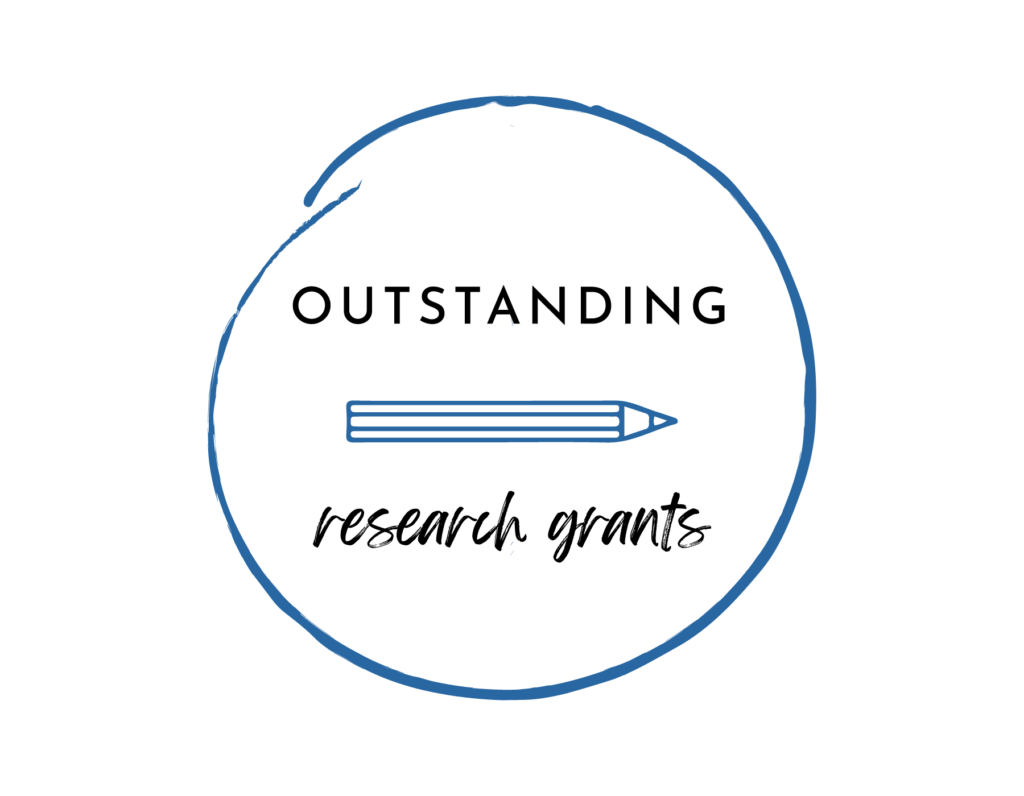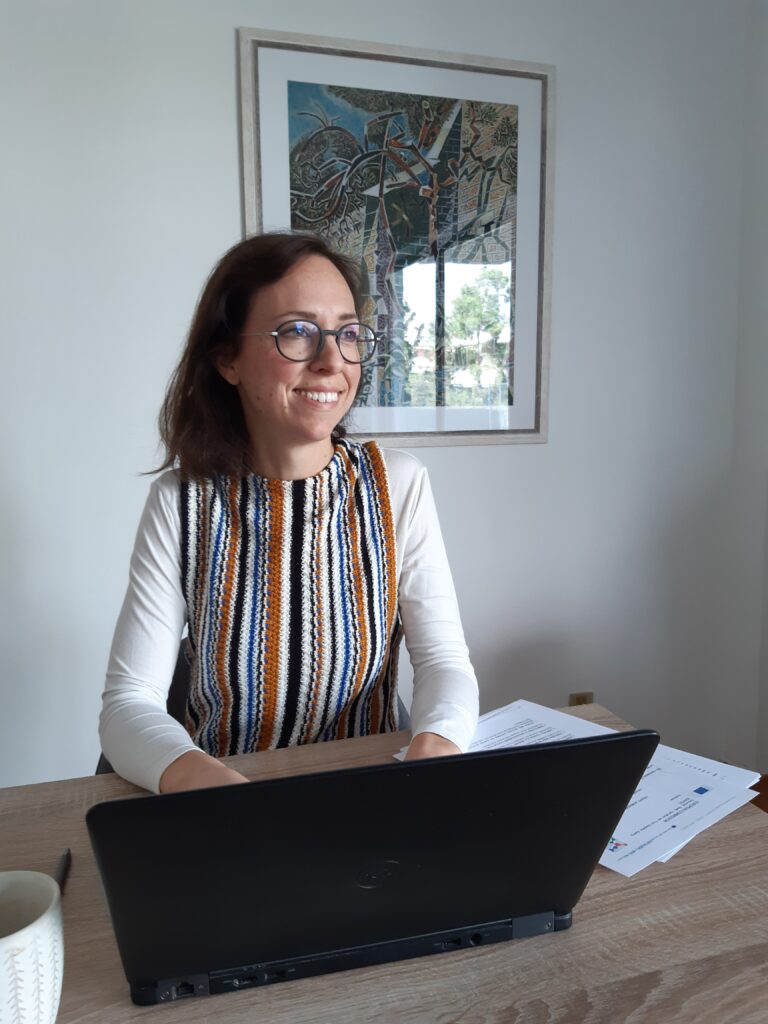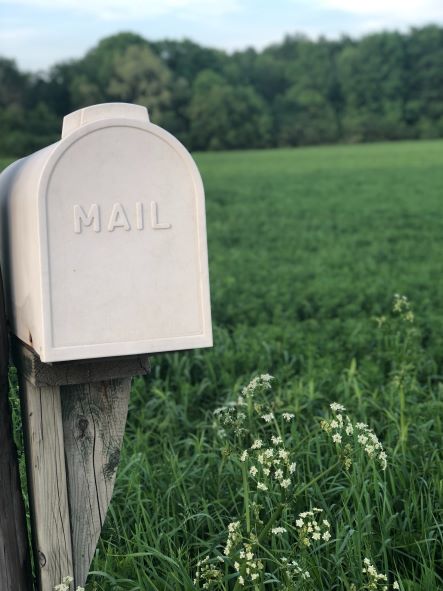
Blog
Should I apply for a small or a large research grant?
When trying to decide what type of research grant to apply for, many researchers are faced with multiple options, and one of these is whether to apply for a small or large grant. Although it’s sometimes quite easy to decide which to choose, in many cases it can feel like a difficult decision to make. In this blog post I present some of the key advantages of applying for both small and large research grants to hopefully make your decision a little easier.

To start off with, although there are different ways of interpreting this, I understand a ‘small’ grant to be one with a low budget and small timeframe (< a year), and a large grant to have a big budget and 2-8 year timeframe. For both of these I’m assuming that you’re applying to be the PI and you may or may not be hiring others as part of the grant plan.
So let’s start with small grants.
Some key advantages of small grants are:
- They won’t take as much time to prepare compared to a larger grant.
- They can be helpful for testing out an innovative idea or method which you’re hoping to eventually integrate into a larger grant proposal. If you’re proposing an idea that uses new or unconventional theories or methods in a large grant, reviewers will be reassured if you can show that you’ve already tested these in a smaller project.
- If you’d like to move your research into a different area (theoretically or empirically), small grants can be a useful steppingstone for doing this. If you’re worried that reviewers may be sceptical about awarding you with a large grant for a project that’s a departure from what you’ve done previously, getting a small grant in this new area may be a way of convincing them that you’re well-placed to deal with the change.
- For early career researchers, small grants are a good way to get some grant success on your track record. I’ve talked elsewhere about studies showing that reviewers can be biased towards applicants that have already demonstrated that their previous research has received funding.
- For first-time grant writers, small grants are a great way to start developing your grant writing skills and practice pitching your research ideas to grant reviewers.
And now let’s consider the advantages of large grants:
- They offer you the intellectual breathing space of several years of dedicated research time. This will give you the opportunity to build on and develop your research to an extent that goes far beyond anything offered by a small grant.
- They’ll give you more financial security than a small grant. And if you’re entirely financially reliant on a grant that only lasts for 6-12 months, then you’ll probably end up spending a lot of that time applying for new grants or other jobs.
- They’ll give you the time and space to write a new, large grant proposal at the end of your project (if you want to).
These are just a few key points to consider if you’re wondering whether to apply for a small or large grant in the next step of your career. As with most things in research careers, there isn’t one set path to take, but instead it’s about considering your personal and professional situation and weighing up which choice would work best for you.

How can I help?
Writing research grants is hard, time-consuming work requiring you to produce a proposal that will be compelling and memorable to reviewers.
Achieving this on your own is very challenging, especially when your colleagues and mentors don’t have time to offer you detailed feedback. This makes it hard to assess what impression your proposal is making on a reviewer.
This is where I come in: I consider your research grant from the perspective of a highly trained reviewer, but one that is not a subject-specialist. In this way, I can tell you what impression your writing makes on your toughest audience.
Interested in finding out more?
We can arrange to have a free informal Zoom call where you can tell me about your grant project and ask me anything about how I work. Simply fill out the contact form to arrange a time for us to meet.
I’m a friendly person to speak to and never push people to make any commitment, so don’t hesitate to get in touch, it would be lovely to hear from you!
Contact form:

Stay in touch via my newsletter
Join a growing community of researchers who are passionate about getting their research funded by subscribing to my Newsletter.
By signing up you’ll receive regular grant writing tips from me, along with updates on my free workshops & grant support services.